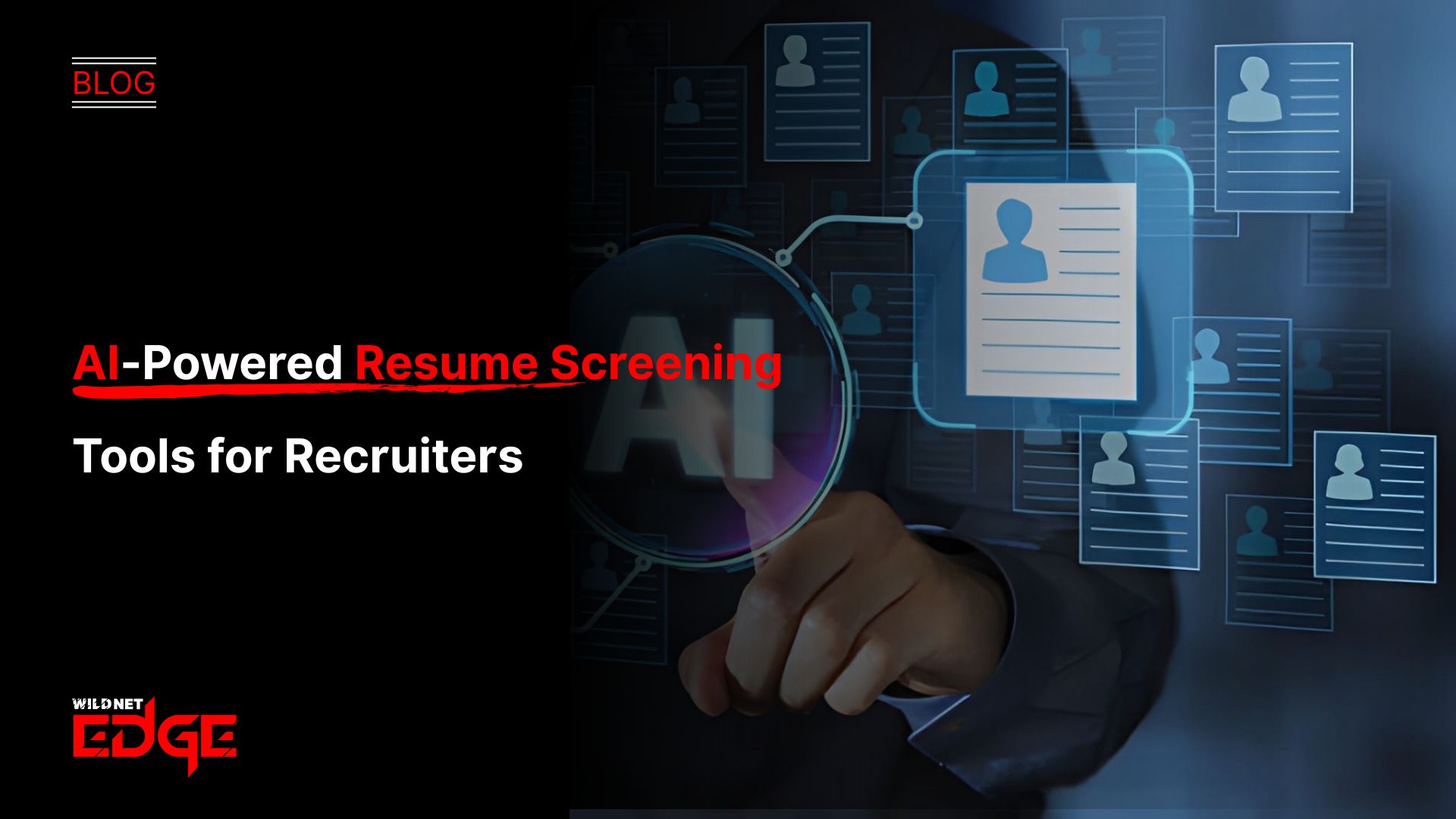TL DR: In 2026, generic platforms are obsolete. This article emphasizes that successful innovation relies on Custom AI Software Solutions delivered through expert AI Software Development Services. These services, which include strategic AI Software Consulting and hands-on AI Application Development Services, create proprietary advantages like unparalleled fraud detection and up to 65% reduction in manufacturing downtime. The core value lies in creating precision models tailored to unique data, ensuring seamless integration, and building in compliance. Ultimately, utilizing these specialized artificial intelligence software services is essential for achieving substantial, measurable ROI and maintaining a competitive edge.
Are you in a dilemma with the search for AI software development services that will help and provide the desired results? The fast-paced tech world today requires companies to go beyond standard solutions; they are looking for custom AI software solutions that would be tailored to their specific needs and be the source of their innovations. If you are someone who doesn’t want to be left behind, getting a good understanding of the AI software development services is going to be very important. Let’s get into the details of how these services are changing the face of industries and how you could be one of the beneficiaries through your business.
Understanding Custom AI Software Solutions
Custom AI software solutions are just what the companies need to stand out. These smart systems, unlike generic platforms, are specifically designed to meet an organization’s specific pain points, proprietary workflows, and strategic goals. They represent the apex of artificial intelligence software development.
Definition and Purpose of Custom AI Software Solutions
Custom AI software solutions are the applications and technologies of AI that are developed specifically for an individual company or an industry sector. They are the ultimate, proprietary form of artificial intelligence software development solutions, built to solve problems that generic tools cannot touch. Their core purpose is to transform unique data assets into unique, measurable competitive advantages.
Advantages of Customization in AI Development
Customization is the process of supplying various advantages that are essential and transformative to the generic alternatives.
- Accuracy and Performance: The performance level of AI models has improved greatly as they are curated with the specific business needs, proprietary datasets, and unique operating conditions of the customer. The whole process of training eliminates the noise and general assumptions that are found in mass-market platforms.
- Scalability and Future-Proofing: Custom solutions are always built considering the future growth of the business. They are designed to support the increasing data, complexity, and user base, providing a long-term adaptable foundation that is also different from the limitations of fixed generic systems.
- Seamless Integration: The custom AI software is designed to integrate smoothly with the current IT environment, including old systems, ERPs, CRMs, and internal systems. It eliminates the need for expensive, disruptive, and often failure-prone overhauls that are common with the use of rigid off-the-shelf technologies.
Types of AI Software Development Services
AI software development services encompass a spectrum of specialized offerings designed to take an AI project from an initial idea all the way to a robust, monitored production system. The entire process is focused on building intelligent systems that deliver measurable ROI.
| Service Type | Focus Area | Value Proposition (2026) |
| Custom AI Solutions | Building unique models/algorithms | Unparalleled precision and proprietary competitive advantage. |
| AI Application Development | Integrating AI into business apps | Driving automation and providing actionable, real-time insights. |
| AI Software Consulting | Strategy, readiness, and roadmap | Mitigating risk and maximizing ROI through structured planning. |
CTA : Ready to turn your strategic vision into a powerful ? Contact WildnetEdge today for expert AI Software Development Services and unlock your measurable ROI!
The Role of AI Application Development Services
When we take a close look at AI application development services, the first thing to realize is that organizations are making a big leap from the realm of abstract and complex mathematical concepts to the practical, everyday solutions that work for them and create huge value throughout their operations. This step involves the transition of the models to go live.
Key Steps in Successful AI Application Development:
- Requirement Gathering & Strategy: Clear business goals identification, data infrastructure readiness assessment, and success metrics definition.
- Model Design & Prototyping: AI techniques selection and designing (Machine Learning, Generative AI, Computer Vision) according to the particular use case and data type.
- Data Preparation & Feature Engineering: The most important step—cleaning, labeling, augmenting, and transforming datasets to get high model accuracy and reduce bias.
- Development & Integration: Skilled programming of AI functionalities and integration into the digital products that are already in use or the development of new enterprise applications.
- Testing, Validation, & Ethical Review: The AI undergoes extensive testing in order to support its reliability, robustness, and compliance with ethical standards, which in turn ensures that the decisions made are equitable and accurate.
Popular Technologies & Tools Used
The 2026 AI landscape is defined by powerful, scalable tools that expert development teams use to build their AI software development solutions. The shift toward specialized frameworks and cloud infrastructure is unmistakable.
| Technology Category | Description | Key Frameworks & Languages |
| Machine Learning (ML) Core | The core engines for predictive and generative models, optimized for speed. | Python, TensorFlow, PyTorch, Scikit-learn, CUDA |
| Data Infrastructure | Scalable systems for processing vast, real-time datasets. | Cloud Platforms (AWS Sagemaker, Azure ML, Google Vertex AI), Databricks, Spark |
| Deployment & MLOps | Tools for putting models into production, ensuring continuous delivery and monitoring. | Docker, Kubernetes, MLflow, Airflow |
| Generative AI | Creating new content (text, code, images) and driving automation. | Proprietary LLMs, Open-Source Models (e.g., Llama, Mistral) |
Why Businesses Need Custom AI Software Solutions
AI software development services are essential for businesses that strive to enhance their efficiency by means of automation, fortify their decision-making through data analysis, and, finally, gain a competitive edge through the introduction of innovative products and services. These services help organizations to deliver better customer service via personalization, cut down on costs via operation optimization, and ramp up productivity via the elimination of manual handling of routine tasks. In the end, AI development is a must for businesses to continue being competitively positioned and to keep innovating in the market that is now ruled by technology.
Case Studies:
The true power of AI development services is best seen in measurable business outcomes where bespoke solutions delivered transformational results.
Case Study 1: Financial Firm’s Fraud Detection Overhaul
Challenge
A vast global banking company suffered increasing organized losses from a new type of fraud that was very sophisticated and caught up with their existing system, which was now static and rule-based. This caused the firm to confront a substantial number of false positives that not only irritated but also drove away some of their customers.
Solution
The company hired an exclusive AI software solutions firm to develop a unique Deep Learning model with billions of internal transaction records as its training data. The solution was integrated via application development services into the real-time payment gateway to instantaneously flag highly anomalous transactions.
Result
The custom model reached a remarkable 99.5% fraud detection rate and subsequently lessened the yearly losses by more than $50 million. It was also vital that it slashed the number of false positives generated by 80% at the same time, thus the customer experience was greatly improved and the operational load on fraud review teams was significantly reduced.
Case Study 2: Predictive maintenance in manufacturing
Challenge
A factory faced unexpected and severe machine breakdowns, which resulted in the loss of around 15% of its production capacity every year. Also, the condition-monitoring technique they used was slow and, hence, very expensive.
Solution
The project team employed the new combined solution of the Physics-based and Data-driven model (the actual artificial intelligence software development solution) which combined the real-time data from the thousands of IoT devices. The highly optimized model, utilized through edge computing, was able to predict the specific component’s fatigue and failure 7-10 days in advance with over 90% accuracy.
Result
In the first year, the unplanned downtime was cut down by an impressive 65%, while the maintenance labor costs were reduced by 22%, thanks to the scheduling of work in conjunction with the scheduled breaks. The shift to predictive maintenance allowed for an average 3-year increase in the lifespan of critical, high-cost assets.
Conclusion
AI software development services are not suitable for just optional use anymore; they have become a business necessity for companies to acquire agility, uniqueness, and constant development. A reliable partner will make a huge difference, no matter if you are looking for custom-made AI software solutions, professional AI application developers, or technical AI software consultation, by making sure your investment is strategic and your technology is unique.
WildnetEdge is the company that separates itself from the rest by being a trustworthy expert that provides a wide range of AI software development services that enhance your technology possibilities. WildnetEdge takes an end-to-end approach from initial consulting to customized AI applications giving businesses the power to use AI for large-scale innovations and continuous growth.
FAQs
Q1: What are the pros of custom AI software development services?
Custom AI software solutions provide such tailored models that they not only align with your unique business goals but also improve operational efficiency, offer a proprietary competitive edge, and ensure seamless integration with your existing systems.
Q2: In what way do AI application development services help business processes?
AI application development services automate complex, repetitive workflows, significantly augment data-driven decision-making, and allow for individualized customer experiences thus, increasing the overall operational effectiveness and resulting in large cost savings.
Q3: Why is AI software consulting still needed before starting the development?
AI software consulting assists in evaluating the data readiness of your organization, selecting the most suitable technology stack, minimizing legal and ethical risks, and formulating a strategic roadmap, which in turn ensures that your costly development project results in successful and measurable outcomes.
Q4: What are the major trends that will impact AI software development in 2026?
The trends to watch are the closer integration with IoT devices and Edge Computing for real-time decision making, the creation of Explainable AI (XAI) for clarity, the strong adoption of AI-as-a-Service platforms, and strict adherence to AI ethics and compliance.
Q5: How can an ally present both AI software consulting and development services?
A comprehensive partner such as WildnetEdge follows an integrated method. The strategic insights gained from the consulting phase directly inform and direct the AI software development solutions, resulting in a custom application that is perfectly in line with the original business objectives and yields maximum ROI.

Managing Director (MD) Nitin Agarwal is a veteran in custom software development. He is fascinated by how software can turn ideas into real-world solutions. With extensive experience designing scalable and efficient systems, he focuses on creating software that delivers tangible results. Nitin enjoys exploring emerging technologies, taking on challenging projects, and mentoring teams to bring ideas to life. He believes that good software is not just about code; it’s about understanding problems and creating value for users. For him, great software combines thoughtful design, clever engineering, and a clear understanding of the problems it’s meant to solve.
 sales@wildnetedge.com
sales@wildnetedge.com +1 (212) 901 8616
+1 (212) 901 8616 +1 (437) 225-7733
+1 (437) 225-7733
















 AI Development Services
AI Development Services Industry AI Solutions
Industry AI Solutions AI Consulting & Research
AI Consulting & Research Automation & Intelligence
Automation & Intelligence













